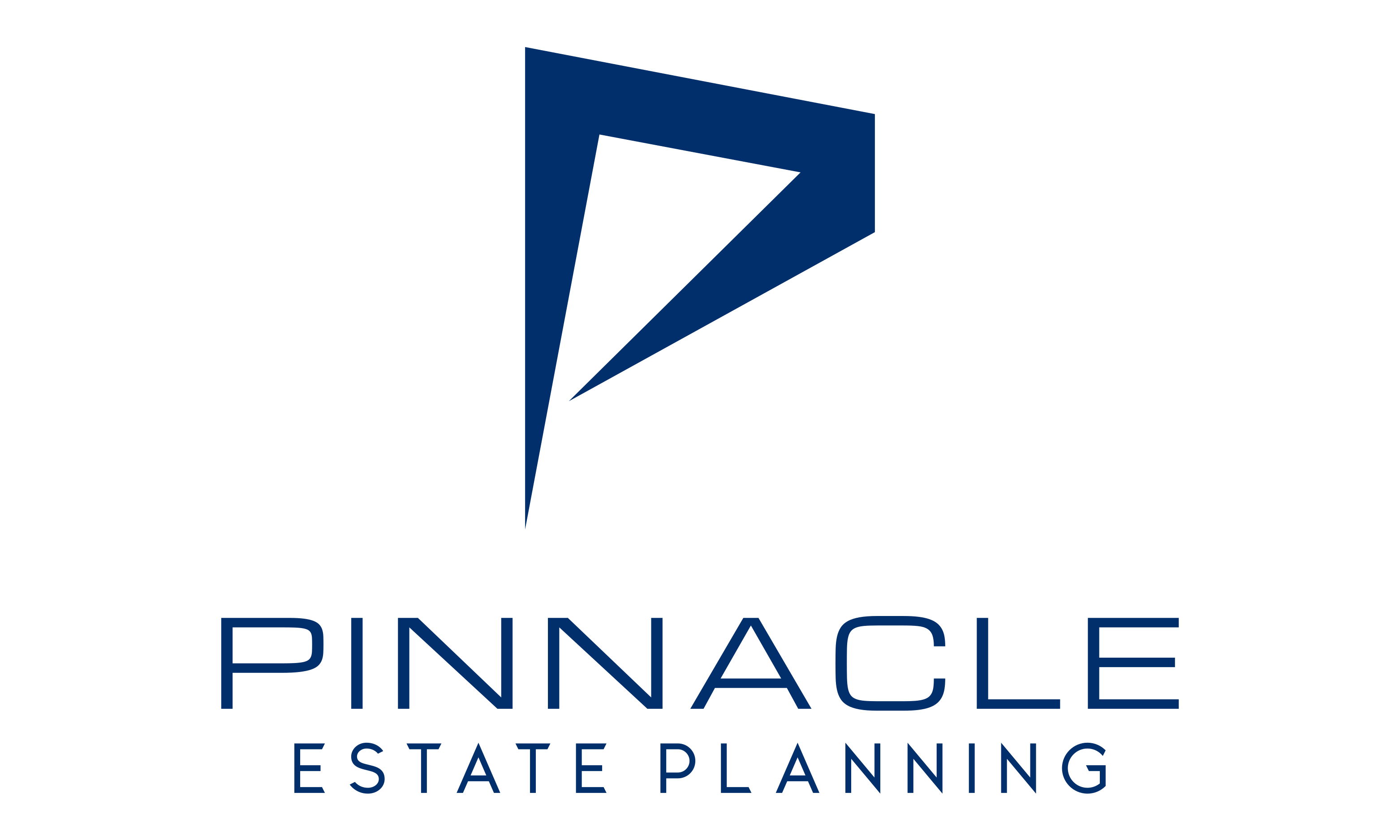In an ever-changing financial landscape, individuals and families often seek ways to preserve their wealth for future generations while also ensuring the fulfillment of their philanthropic desires. Legacy trust planning, a comprehensive and strategic approach to estate planning, has emerged as a powerful tool to achieve these objectives.
One of the primary advantages of legacy trust planning is its ability to help shield assets from estate taxes, creditors, and legal disputes. Traditional estate planning may expose assets to substantial taxation upon inheritance, potentially reducing the wealth passed down to beneficiaries. However, legacy trusts, when properly structured, can significantly mitigate these tax liabilities, allowing individuals to pass on a more substantial portion of their assets to their loved ones.
Moreover, legacy trusts can potentially provide a safeguard against creditors and legal claims. Assets held within such trusts are typically beyond the reach of a beneficiary’s creditors, protecting your wealth for the benefit of your heirs, rather than being subject to liquidation to satisfy debts or legal judgments. This level of asset protection ensures that your legacy remains intact and benefits your chosen heirs, not unforeseen creditors.
Legacy trust planning extends beyond the preservation of assets; it also focuses on the continuity of values, philosophies, and family legacies. By creating a well-structured legacy trust, individuals can impart their guiding principles to future generations. This can be especially important for those who wish to maintain a family business that will provide financial stability for beneficiaries.
In the case of a family business, a legacy trust can facilitate the smooth transition of ownership, ensuring the company’s longevity and the preservation of the founder’s vision. This can help avoid conflicts among heirs and maintain the business’s financial stability, ultimately securing the family’s financial well-being for generations to come.
Another significant advantage of legacy trust planning is the preservation of privacy and confidentiality. When assets pass through probate, as they do in traditional estate planning, the details become a matter of public record, allowing anyone to access information about your estate, including its value and distribution. In contrast, legacy trusts operate outside of probate, ensuring that the details of your estate remain private.
Legacy trust planning provides individuals with a high degree of flexibility and control over the distribution of their assets. You can specify how and when your beneficiaries receive their inheritance, whether in lump sums, periodic payments, or for specific purposes like education, homeownership, or healthcare.
In addition, you can appoint a trustee who will oversee the trust and ensure your wishes are carried out according to your instructions. This added layer of control allows you to tailor the trust to meet your unique goals and objectives, providing peace of mind that your legacy will be managed and distributed as you intended.
Legacy trust planning offers a multitude of benefits, including asset protection, tax efficiency, continuity of wealth and values, privacy, and control. It empowers individuals and families to safeguard their assets, pass down their legacies, and make a lasting impact on future generations.
Jason Gray is the owner of Pinnacle Estate Planning. To schedule a free consult in Spokane, Coeur d’Alene, or Sandpoint, please call (509) 505-0665 or (208) 449-1213. You can also get more information at www.LawPinnacle.com or email general estate planning questions to Jason@LawPinnacle.com
*This article is for informational purposes only and should not be construed as legal advice.

Leave a comment